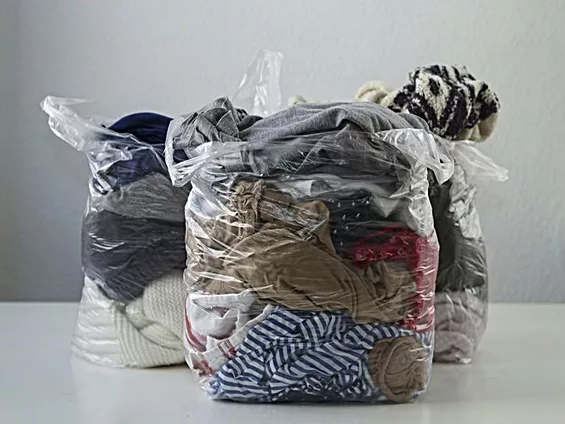The superstition about things that should not be borrowed, or lent is a common belief in many cultures, including the Philippines. It revolves around the idea that certain items carry with them energies, luck, or symbolic meanings that can affect the lives of those who borrow or lend them. This belief reflects a deep-seated cultural sensitivity to the potential consequences of sharing items that have personal or spiritual significance.
In Filipino culture, there is a strong belief in the concept of “energy” or “karma” that surrounds objects and individuals. It is thought that objects can carry the energy of their owners or past experiences, which can influence the lives of those who come into contact with them. Based on this belief, certain items are considered too personal or sacred to be borrowed or lent, as doing so may transfer their energies, either positive or negative, to the new user.
The superstition often varies in terms of the specific items that are considered off-limits for borrowing or lending. However, some common examples include:
Undergarments: Clothes that are worn next to the body, like underwear, are considered to hold a person’s intimate energy. Borrowing or lending such items is believed to transfer personal energies and can be seen as inappropriate.
Jewelry: Jewelry often holds sentimental or emotional value and is considered an extension of the wearer’s identity. Lending or borrowing jewelry could lead to a sense of loss or disruption of the energy associated with the piece.
Cooking Utensils and Food Containers: These items are closely associated with nourishment and sustenance. It’s believed that lending or borrowing them could lead to a disruption in the flow of abundance and sustenance within the households involved.
Personal Accessories: Items like combs, brushes, and other personal accessories that come into close contact with a person’s body are considered to carry their energy. Sharing these items is thought to transfer personal energies, potentially causing discomfort or disturbance.
Religious Items: Objects used in religious practices, such as rosaries or prayer beads, hold spiritual significance. Borrowing or lending such items is believed to disrupt the sanctity and energy associated with these religious tools.
Belongings of the Deceased: Items that belonged to someone who has passed away are often considered to carry the energy of the deceased. Borrowing or lending these items could lead to a transfer of mourning or negative energies.
The underlying principle of this superstition is to avoid interfering with the energies and personal connections associated with specific items. It’s seen as a way to show respect for the personal boundaries and energies of both the lender and the borrower. Following this belief helps maintain harmony, avoid potential negative repercussions, and preserve the well-being of individuals and households.
In summary, the superstition regarding things that should not be borrowed or lent in Filipino culture is deeply rooted in the belief that objects carry energy and symbolic meaning. By avoiding the exchange of certain items, individuals aim to protect themselves from potential disruptions in their personal energies, as well as to show respect for the items’ owners and histories. It is a practice that highlights the intricate relationship between material objects, human energy, and cultural beliefs.











